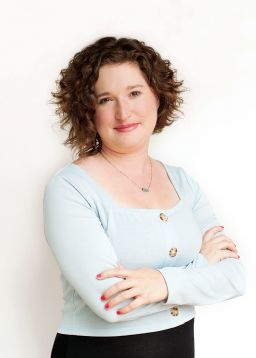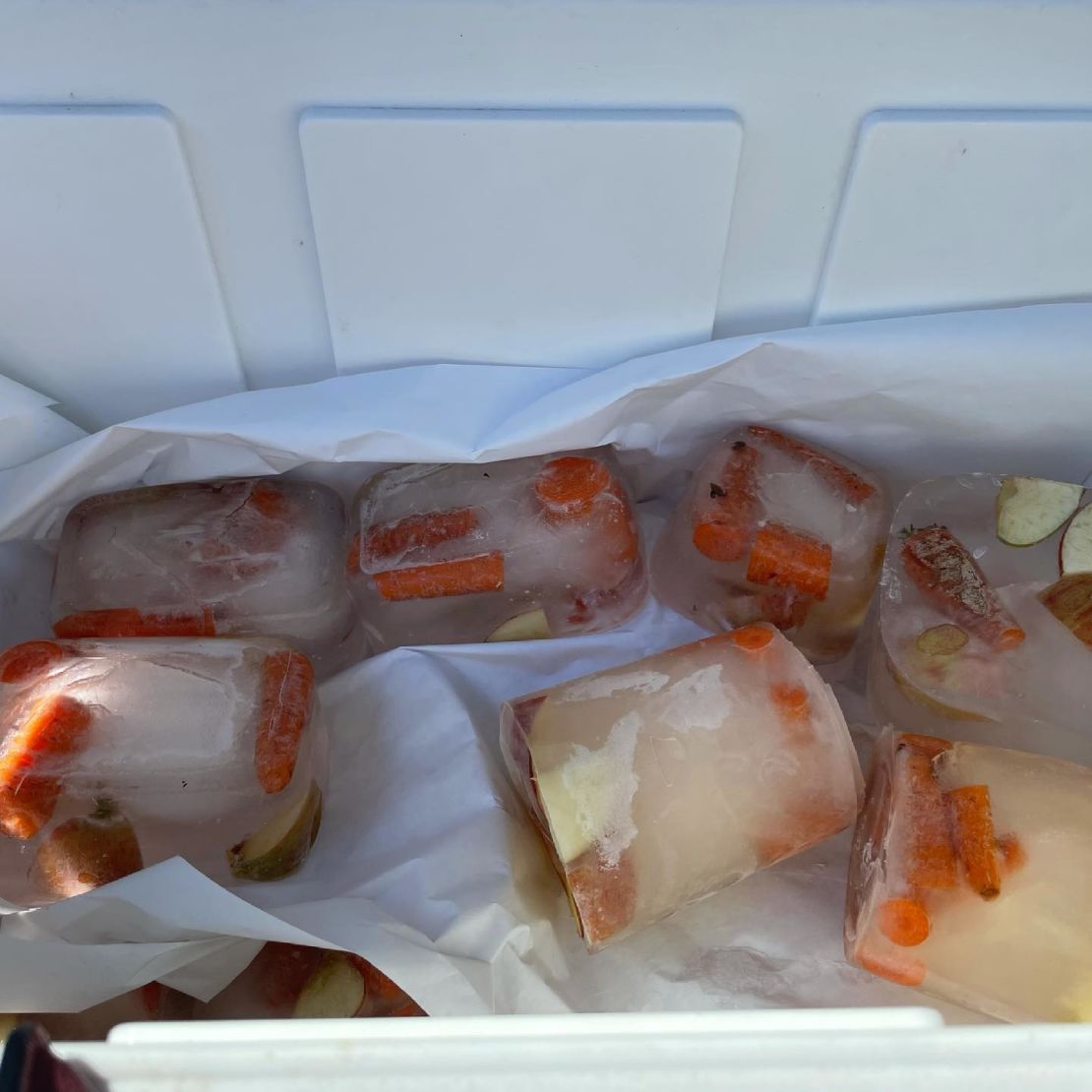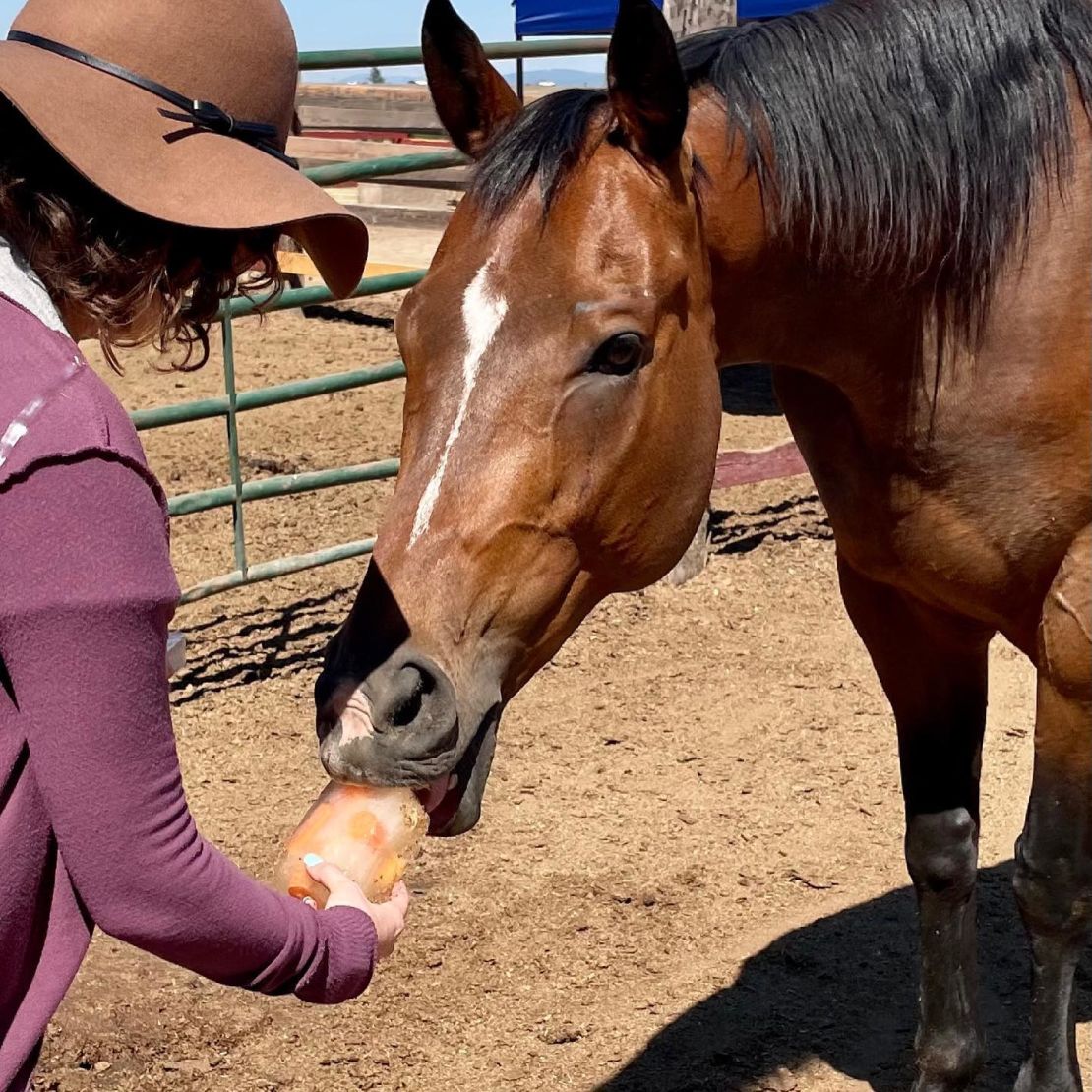Editor’s Note: Kari Nixon is an assistant professor of English at Whitworth University and the author of the book “Quarantine Life from Cholera to COVID-19: What Pandemics Teach us About Parenting, Work, Life, and Communities from the 1700s to Today.” Follow her on Twitter @HalfSickShadows and on Instagram @EustaciaDiamant. The views expressed here are her own. Read more opinion on CNN.
On Monday in Spokane, Washington, my daughter and I started an experiment: we fried eggs in a pan resting on our driveway pavement, where the temperature outside was a historic 105 degrees.

Three days after her 6th birthday, she is experiencing heat more intense in her hometown – a city just over two hours from the Canadian border – than I ever encountered in decades of living in Texas. A heat dome has landed in the Pacific Northwest, bringing with it record-breaking highs.
Before we could finish recording our experiment, my phone shut down from the heat.
Later that day, I lugged a cooler across the grass at the farm where 23 horses live, my own boarded among them. The cooler was full of ice blocks, in which I’d frozen apples and carrots to distribute among the different herds.

Growing up in Texas, I have always been accustomed to wearing shorts and flip-flops during the summer months. On Monday, by contrast, I covered as much of myself as I could manage in my hurry to the barn. My body had this primal sense – no, knowledge – that heat of this magnitude is poison. To cover up my skin became a form of self-defense.
The horses nuzzled my offerings uncertainly. Their confusion gnawed at me, the same way their own tentative teeth tested the ice blocks I held up for them. These horses have never needed to know what ice cubes were. Yet, like me, something in them knows that cooling is necessary, and by the time I’m done handing out all the ice blocks, most of the horses are munching happily on the treats now freed from their melted casings of ice.
Driving home, the sun burned at my arm through the raised window, making its angry presence known, in spite of my perfectly functional (and blasting) air conditioning system. I am reminded that back at the barn, my heart rate had ratcheted up – my smart watch had alerted me – to 170 beats per minute. I have never boasted an impressive history of cardiovascular exercise, but still, this increase came not from exertion, but from the heat. I was outside for 10 minutes.

Last summer around this time, I was finishing a book about what pandemics from the 18th century through to Covid-19 have taught us about parenting, life, work and living in communities. At that time, wildfires consumed vast swaths of California, and we were all self-isolating for fear that seeing and touching our loved ones might kill them.
Only a year later, we are again retreating to our homes, now because our entire region seems to be sizzling to a crisp.
One of the main points in my book is that arguments about scientific data are really conversations about social bonds. This isn’t an educational or data problem, or a scientific comprehension problem. It’s a human problem. When we hear something scary, we retreat to the safety of our groups.
So, if you don’t believe in climate change: keep reading. I don’t want to shove data in your face and mock you. We don’t have to talk about facts right now. Let’s talk about feelings.
I feel scared. For days after the heat wave is projected in the PNW, I have been checking in on friends. One, on a road trip, says the road is littered with blown-out tires, from heat-induced pressure increases. I read in the news that roads are buckling from the heat. Other friends assure me they have window A/C units, fans, a plan of some kind. Most homes don’t have A/C in Washington – in fact, we have the least per capita of any state.
For my family of lifelong Texans, we made A/C nonnegotiable when purchasing our home here. So I offer to share with anyone who needs it: Come sit in our basement, I say. You can sleep on our couch, I add. Please, don’t be too polite to ask, I urge. I don’t say, Please don’t die, but it’s what I mean. I contemplate opening my department building at the university where I teach to those in need, wonder how much trouble I might be in if I did. What about those without housing? What about people I don’t know, people I can’t reach?
I feel so small and inept. I picture a future where we burn inside cars as well as out of them, where we all always cover our bodies from head to toe with swaths of protective fabrics. I picture buckled, broken roads littered with tires, impassable. This is a much less glamorous version of Mad Max-style apocalypse – less swagger and more heat stroke.
When I got home from the farm, I carefully shut all the blinds – even the weird one in the kitchen we’ve never figured out how to use before. Our air conditioner is loud, struggling to cool our house. I know power outages loom for the city at large.
I try to convince my children to eat cold foods, no cooking. We turn off the TV and lie in the darkness of the house. It is 4 p.m., and in the long days of Northern summers, I know the sun won’t set for five hours.
I can’t stop thinking about my friends without A/C. About the horses. About the barn owner caring for the horses. About my horse trainer, who is also a firefighter. “It’s tough to even prepare for this sort of thing physically,” she says, and I am confused. Aren’t firefighters always working in heat? “Heat in or near a fire is one thing, but the whole environment being that hot is taxing,” she explains.
I am not a climate alarmist. But if my decade of studying social and cultural reactions to disease has taught me one thing, it’s that we need community. When science scares us, we retreat to people. Covid-19 taught us viscerally how much we need human connection. Liberal or conservative, we all longed for it and suffered when that connection was threatened.
Covid-19 taught me (and a lot of us) another thing, too: it taught me that, sometimes, all we have is community. Each and every one of us has had some version of a horrifying moment since March 2020, where we felt like no one was really in charge, that there was no one at the helm with a plan.
And if that’s the case, then all we have is each other, whether you believe these scorching summers will keep happening or not.
We may disagree about so much that feels fundamental, but we share some basic realities. We all love our children. We all want to feel valuable, listened to, heard. And we may be one another’s only hope.


